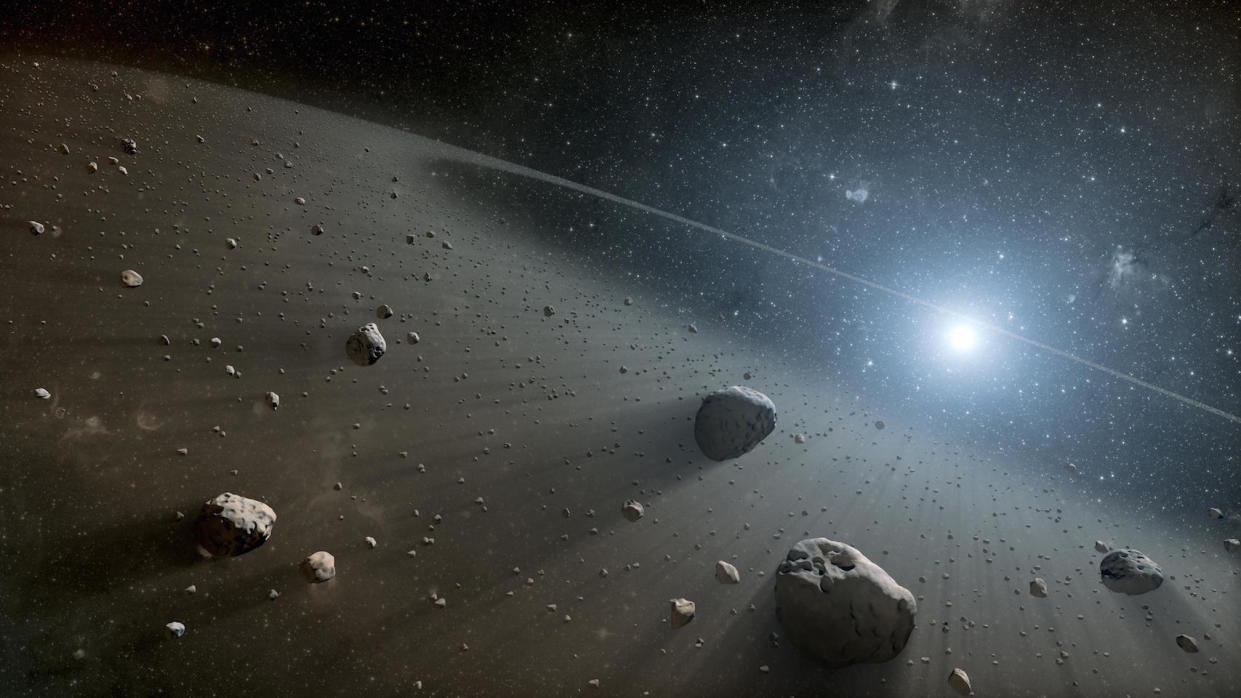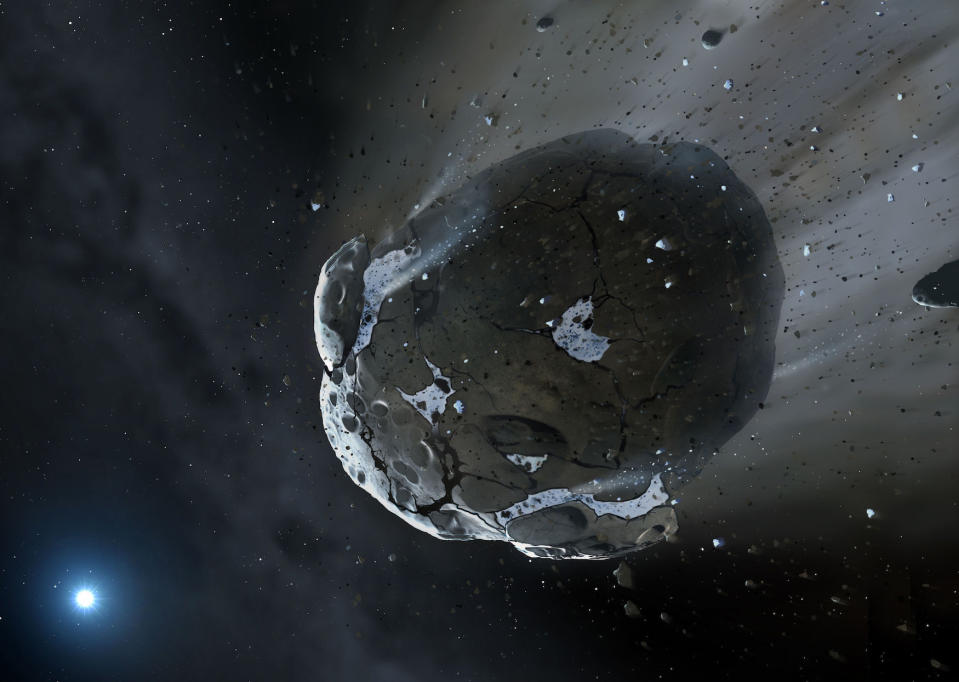Two asteroids are going to hurtle through space and fly close to Earth today

Two asteroids are going to fly close to Earth today, Nasa scientists have said.
Experts at its Centre for Near-Earth Object Studies (CNEOS) said the two large recently discovered asteroids are expected to fly past the planet on Wednesday.
The centre has been tracing their orbital path around the sun and the asteroids have been officially classified as near-Earth objects (NEOs).
This means it will pass into or through a zone between approximately 146 million km and 194 million km from the sun.
Last week, Nasa revealed that an asteroid twice the size of the Shard in London will pass Earth in September.
Earlier this year, Nasa said an asteroid has a 1 in 7,000 chance of hitting Earth this autumn.
The first asteroid to pass Earth on Wednesday is known as 2019 QS, which was first seen a week ago.
Read more
Humans ‘will soon be replaced by cyborgs’ that will design themselves
A third of Labour voters wouldn't want their child to marry a Tory
Around 150 people suffer breathing difficulties after visiting Essex beaches
It is almost 40m high and 75m in diameter, scientists said. It will fly past Earth at about 80,000km (50,000 miles) per hour.

The second asteroid is about twice the size and is called 2019 OU1, and will pass by the planet a few hours after the first one.
It is thought to be about 100m high and 170m in diameter.
Nasa says most near-Earth asteroids come from the inner part of the main asteroid belt after their orbits were changed by the gravitational influence of Mars and Jupiter, and others by collisions.
Nasa said there are no asteroids which pose a significant risk of hitting Earth in the next 100 years.
The highest risk of a known asteroid hitting the planet is the 2009 FD, which has a 1 in 714 chance of striking Earth in 2185.

 Yahoo News
Yahoo News 

